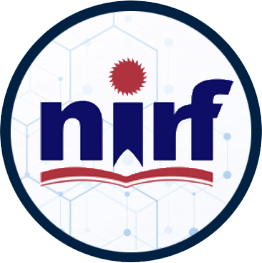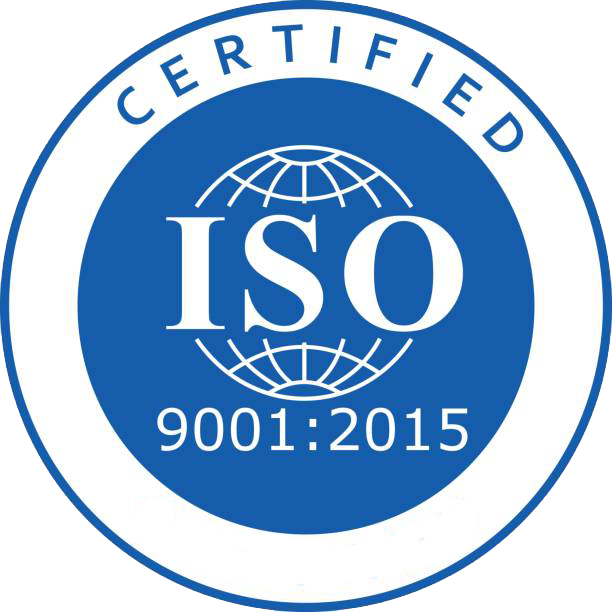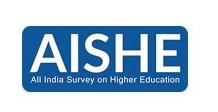
Popular faculty development models
Faculty development is a critical component of any successful educational institution. By providing opportunities for faculty to learn and grow, institutions can ensure that their students are receiving the best possible education.
There are many different faculty development models available, each with its own strengths and weaknesses. Some of the most popular models include:
- In-service workshops: This is a traditional approach to faculty development, in which faculty attend a series of workshops or seminars on a particular topic. In-service workshops can be a cost-effective way to reach a large number of faculty, but they can also be less effective than other models that provide more individualized support.
- Coaching and mentoring: This model involves pairing faculty with a more experienced colleague who can provide guidance and support. Coaching and mentoring can be very effective in helping faculty develop new skills and improve their teaching practices.
- Action research: This model involves faculty conducting their own research on their teaching practices. Action research can be a powerful way for faculty to learn from their own experiences and make improvements to their teaching.
- Communities of practice: This model brings together faculty who share a common interest or goal. Communities of practice can provide a supportive environment for faculty to learn from each other and share ideas.
The best faculty development model for a particular institution will depend on a number of factors, including the institution’s goals, the needs of its faculty, and the resources available.
In-service workshops
In-service workshops are a traditional approach to faculty development. They typically involve a series of lectures, discussions, or hands-on activities on a particular topic. In-service workshops can be a cost-effective way to reach a large number of faculty, but they can also be less effective than other models that provide more individualized support.
In-service workshops can be effective for introducing faculty to new topics or teaching methods. However, they are not as effective for helping faculty develop deep understanding or skills. In-service workshops are also limited in their ability to address the individual needs of faculty.
Coaching and mentoring
Coaching and mentoring is a more individualized approach to faculty development. It involves pairing faculty with a more experienced colleague who can provide guidance and support. Coaching and mentoring can be very effective in helping faculty develop new skills and improve their teaching practices.
Coaching and mentoring is a more effective approach than in-service workshops for helping faculty develop deep understanding and skills. It is also more effective for addressing the individual needs of faculty.
Action research
Action research is a model of faculty development that involves faculty conducting their own research on their teaching practices. Action research can be a powerful way for faculty to learn from their own experiences and make improvements to their teaching.
Action research is a more effective approach than in-service workshops or coaching and mentoring for helping faculty develop a deep understanding of their own teaching. It is also more effective for helping faculty make changes to their teaching that are based on their own research.
Communities of practice
Communities of practice are groups of faculty who share a common interest or goal. Communities of practice can provide a supportive environment for faculty to learn from each other and share ideas.
Communities of practice can be a valuable resource for faculty who are looking for support and collaboration. They can also be a way for faculty to learn about new teaching methods and ideas.
Choosing the right model
The best faculty development model for a particular institution will depend on a number of factors, including the institution’s goals, the needs of its faculty, and the resources available.
If the institution’s goal is to introduce faculty to new topics or teaching methods, then in-service workshops may be a good option. If the institution’s goal is to help faculty develop deep understanding and skills, then coaching and mentoring or action research may be a better choice. If the institution wants to create a supportive environment for faculty to learn from each other, then communities of practice may be a good option.
It is important to consider the needs of the faculty when choosing a faculty development model. Faculty should be involved in the decision-making process to ensure that they are getting the support they need to be successful.
Tag:Faculty









